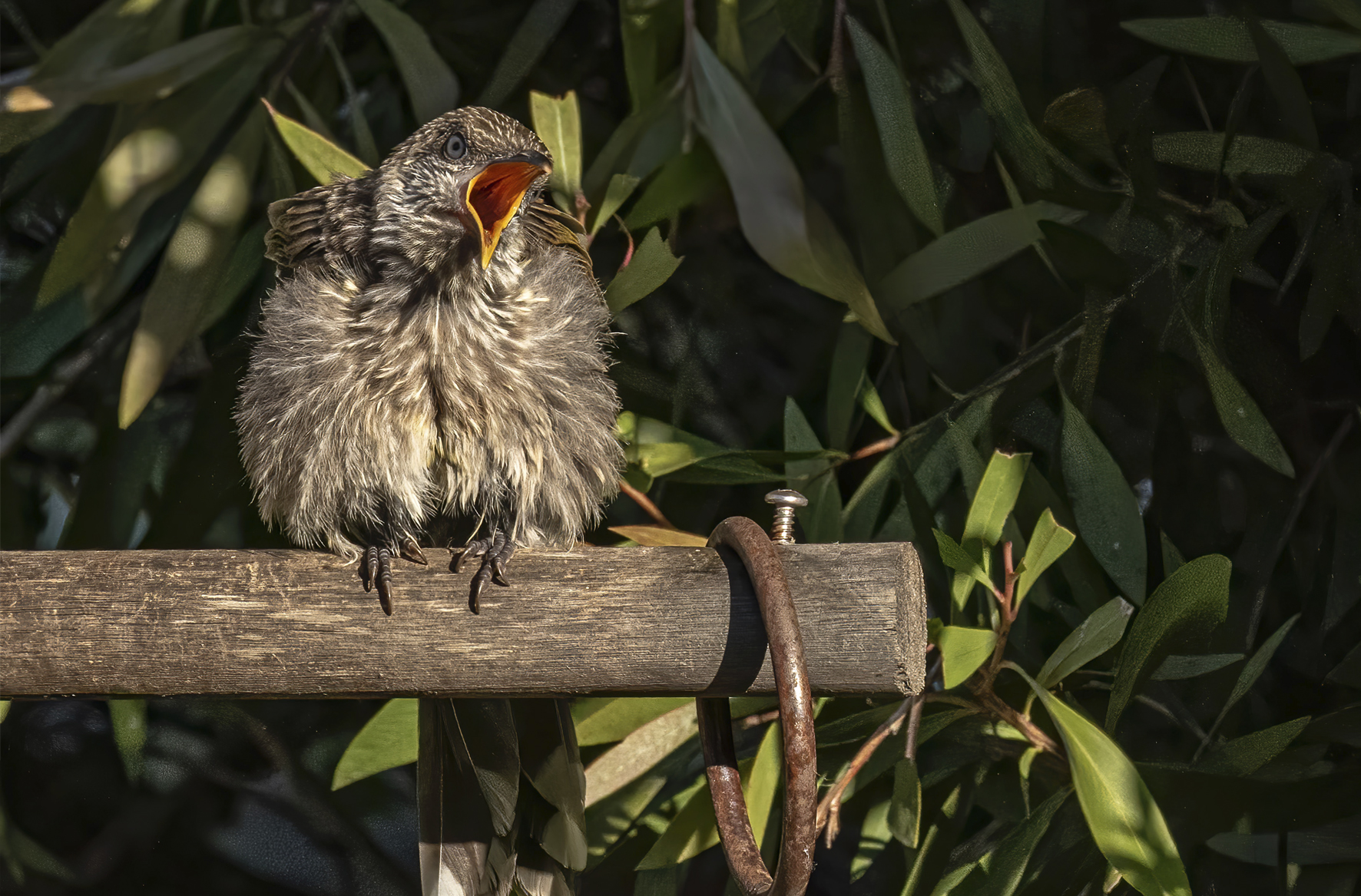There’s a wonderful but frightening statistic about the amount of time parents spend with their children. I first discovered it on the website waitbutwhy.com, but as is the way with spreadsheet geeks, I went away and recalculated it myself.
If you have a child when you’re 30 years old (I did) and you expect to live to 70 years old (fingers crossed), when they leave home at around 20, you will likely have spent 93% of the time you are ever going to spend with them. It’s a brutal realisation: when they’re at college, you may only have 7% of your time left together.
Now if you have kids younger and expect to live longer, it could be a little better, but the assumptions above are already pretty generous: that somehow or other, after college and through the rest of your lives, you see your kids for a whole month of every year. If it’s less, maybe a couple of weeks, then you’ll have less time left – maybe 5%.
I discovered this when my oldest daughter was 17 years old, and a year away from heading to college, overseas, so there would be no weekend visits to use the washing machine, raid the fridge etc. She may choose to stay overseas, work, marry… I didn’t know, but this might be it.
It gave me two different feelings, both urgent. One, obviously, absorb every minute. Make the most of any occasion she hasn’t chosen to go out and meet friends, or needs to study. Feel blessed that she’s making fun of me being old to my face rather than not behind my back.
Two, make sure I teach her everything I can that she needs to know before embarking on the rest of her life – and the most obvious gap was money. Superficially, this was easy. She knew nothing about money, and I have been a finance professional for more 20 years.
Less superficially, this was hard. Do I want to spend the last few months, maybe a year, drawing up spreadsheets, talking about return rates, watching her yawn out of the corner of my eye and not know whether to give up or keep plodding on, wasting these last few moments by boring her stupid?
I had to find a way to do it, though. If I didn’t, I felt as though I might be worrying about typical empty-nesting, while never having given her the benefit of even a cursory flying lesson.
Let’s be clear, that’s what finance lessons are. While we may not all feel like we fly with our money, we definitely know the feeling of plummeting towards the ground when we get it wrong. Without a decent understanding of money, we are all just like newly-hatched birds, flapping our fledgling wings and hoping something will actually start working before we hit the ground, without knowing what or how.
So instead of spreadsheets, I wrote her a book, getting up early every morning to think about all the stuff I wanted to tell her. More precisely, I wrote her a financial fairytale, something that could be a little bit knowing, a little bit sarcastic to fit her late-teens attitude. It allowed it to start where all fairytales should begin, right at the very beginning, with the basics: what money really is, and how to think about it. We were then able to get into meatier topics, like saving and investing, how to control spending – and even how you can build up assets so that you never need to work again. “Happy Ever After” we called that – the concept and the book.
She even came up with the killer question that led to my pseudonym: “what’s the smallest amount of money I need to save every day to become a millionaire?” I didn’t know. I googled it, and google didn’t know. So I got out the spreadsheet again, and calculated it. Seven dollars (or pounds, or euros) a day, saved and invested to get 7% returns, and she would be a millionaire by 70. It would also become my nickname, and the name I write under.
She’s finished university and now has a full-time job. She’s living at home for a bit, to save money towards her own place as soon as she can. Our money conversations are a million miles from where they were before: she only asks me which funds she should invest her money in. She plans her own spending and saving without even discussing it with me.
Her career will lead where it leads, and all the stuff she picked up at school and university will help her do that – or not, we’ll see, but her finances should be fine. Those last “flying lessons” before she left the nest appear to have stuck, and I no longer have images of her plummeting to the ground.
By coincidence, just as she was heading home from university, and the younger daughter was starting out, Wiley asked me if they could publish “Happy Ever After“. By then we’d tested it on the younger one (born more financially savvy!), as well as friends testing it with their kids who enjoyed it. That had led us to hire an illustrator (the amazing Jo Sanders) to hand draw beautiful images for the fairytale sections of the book, like the Emperor’s New Money and The Cinderella Side-Gig, giving the book a totally different, playful feel.
With the book refined, I was overjoyed to think that other people might be able to use it too, to have those same conversations we had – or even better ones. I promise you, it makes the prospect of empty-nesting so much better to know you’ve prepared your kids properly for that maiden flight.
To purchase “Happy Ever After” by the Seven Dollar Millionaire, head to Amazon UK, Amazon US, BookDepository, or Wiley.
Photo by Trevor McKinnon on Unsplash.


